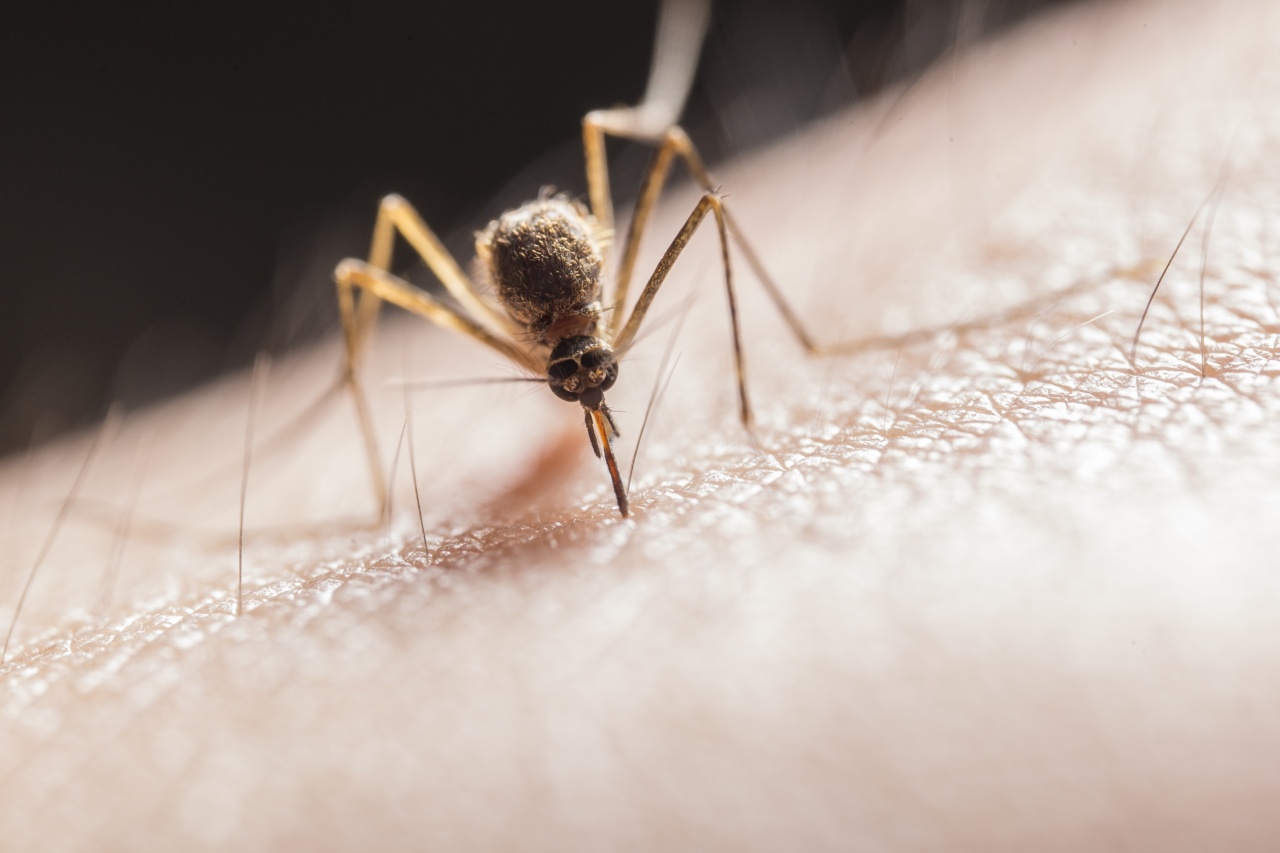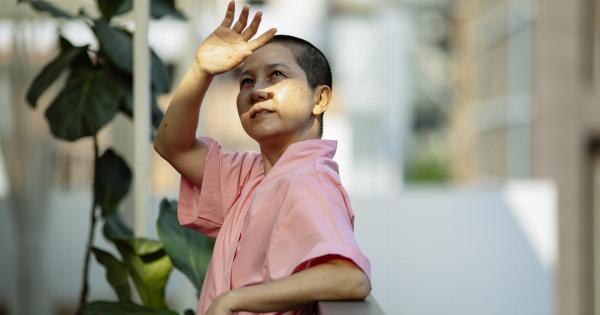Insects are a vital part of the world’s ecosystem and contribute to the world’s biodiversity. However, some of these insects have the potential to sting or bite humans.
Insect bites can be painful, itchy, and even life-threatening if left untreated. Understanding the types of insects and their bites is essential in preventing such occurrences and knowing how to react if they happen.
In this comprehensive guide, we will delve into the world of insect bites, their impact on our bodies, and what we can do to protect ourselves.
Types of Insect Bites and Stings
There are numerous types of insects worldwide, and each has its unique style of stinging or biting, causing different reactions. Understanding the types of bites and knowing how to identify them will help you learn how to deal with insect bites.
Below is a list of the common types of insect bites and what to look for:.
Mosquito Bites
Mosquito bites generally cause a red, itchy bump to appear on the skin. The bump usually subsides by itself within a day.
However, in some cases, mosquito bites can lead to more severe reactions like the West Nile Virus or Malaria, making it a significant concern for tropical and subtropical regions.
Bee Stings
When a bee stings, it leaves a stinger behind that pump venom into the affected area. This venom results in pain, swelling, and redness around the spot of the sting.
In some cases, an individual may experience an allergic reaction, leading to swelling in the throat, shortness of breath, and even dizziness.
Ant Bites
Commonly found in the tropics and subtropics, ant bites can be unpleasant and result in pimple-like bumps on the skin that are red, swollen, and itchy. In severe cases, ant bites can lead to anaphylaxis.
Tick Bites
Ticks can cause Lyme disease, which is a bacterial infection that leads to flu-like symptoms, fatigue, and body rashes.
While Lyme disease symptoms may not show up for several days after the bite, they can be treated with antibiotics if diagnosed early enough.
Spider Bites
Most spider bites usually result in redness, swelling, and itching around the area of the bite. However, some spider bites may cause severe symptoms like dizziness, fever, and difficulty breathing, which may require immediate medical attention.
Scorpion Stings
Scorpion stings only occur in a few parts of the world. These stings usually cause redness, swelling, and numbness around the site of the sting.
In rare cases, scorpion stings can lead to seizures, increased heart rate, and muscle spasms, requiring medical attention.
Chigger Bites
Chiggers are tiny insects that are hard to detect but can cause itchy, red bumps on the skin. These bites usually occur in areas where clothing is tight-fitting, such as the waist, ankle, or groin area.
Flea Bites
Flea bites typically occur around the legs and feet and result in red, itchy, and raised bumps. In severe cases, fleas can transmit bacterial diseases, making flea infestations a severe concern.
Mite Bites
Like chiggers, mites are tiny insects that are challenging to detect but can cause itchy bumps on the skin. These bumps usually occur around the armpits, groin area, and waist.
The Impact of Insect Bites on Our Bodies
When you get bitten or stung by an insect, your body reacts by releasing histamines that cause the local immune system to trigger an inflammatory response. This response usually causes swelling, redness, and itching.
In some cases, you may experience more severe symptoms like anaphylaxis if you are allergic to the insect’s venom. Anaphylaxis is an extreme and potentially life-threatening allergic reaction that can lead to a drop in blood pressure, breathing difficulties, and even loss of consciousness if not treated promptly.
It is crucial to seek medical attention immediately if signs of anaphylaxis occur.
Treating Insect Bites
Treating insect bites typically depends on the severity of the reaction. If you experience mild symptoms like itching or swelling, you can try applying cold compressions or calamine lotion to ease the symptoms.
In some cases, taking an antihistamine can help ease the itching. For severe symptoms like shortness of breath, chest pain, or swelling of the throat, seek emergency medical attention immediately.
Preventing Insect Bites
Preventing insect bites is key to avoiding the discomfort and possible danger they pose. Here are some tips to help you prevent insect bites:.
- Use insect repellant
- Wear long-sleeved clothing and pants in areas with high insect populations
- Avoid walking in the forest or jungle without proper footwear
- Ensure windows and doors have tight screens to prevent mosquitoes from entering the house
- Avoid wearing perfume as it may attract insects
- Check for bedbugs in hotel rooms by inspecting the mattress and bed frame carefully
Conclusion
Insect bites can cause discomfort, pain, and even lead to significant health problems if left untreated. Knowing what to look for, how to prevent insect bites, and how to treat them is essential in keeping you and your family safe.
By educating yourself on insect bites and their impact on the body, you can prevent and react promptly to any potential insect bites.




























